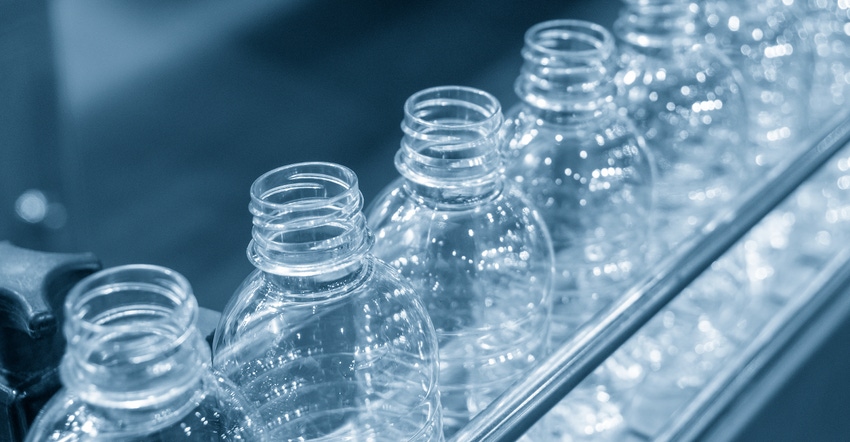June 16, 2020

Water bottles and plastic bags washing onshore is a common occurrence in Hong Kong, but now the COVID-19 pandemic has created a new type of garbage onshore – masks.
Waste reduction was planned for many countries in 2020 – but the pandemic has put those plans on hold.
For instance, Thailand expects its plastic waste to rise by 30 percent in 2020 and Bangkok used 62 percent more plastic in April than in the 12 months prior.
Additionally, fearing the spread of COVID-19, some retailers, like Starbucks, will no longer allow customers to bring in reusable cups, containers or shopping bags, while cities like Manila, are trying to get a handle on infectious medical waste from health facilities.
There is some good news on the horizon. A startup food delivery service in Singapore named Muuse is using stainless steel cups and bamboo boxes, which are sanitized before the next delivery. And Circulate Capital, an investment fund, is planning to spend $6 million to increase two small-scale plastic recyclers in India and Indonesia.
“With plastic pollution, the conversation needs to shift away from an environmental problem to an economic development and rebuilding opportunity,” said Rob Kaplan, head of Circulate Capital.
Read the original story here.
You May Also Like


